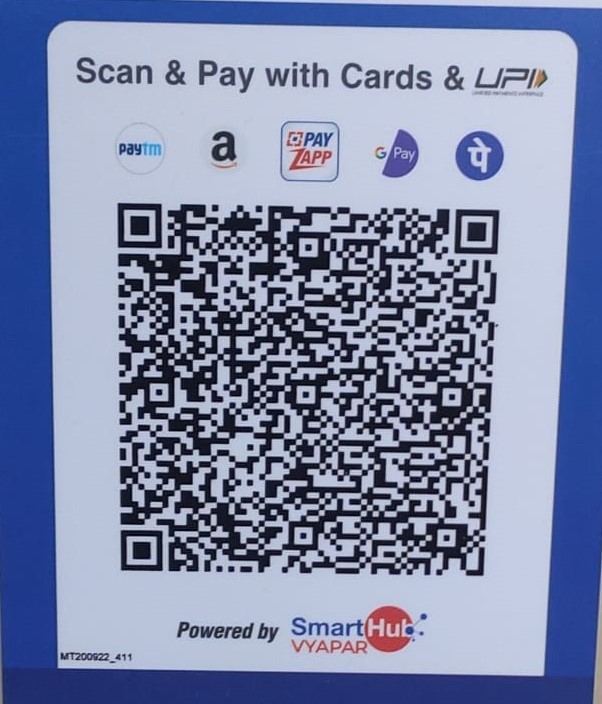Online Observance of the UN's International Day of Eradication of Poverty 17 Oct. 2021
Millions of people across the globe suffer from poverty. But poverty is not only an “economic issue, but rather a multidimensional phenomenon that encompasses a lack of both income and the basic capabilities to live in dignity.” (United Nations, n.d.)
It is estimated that the COVID-19 pandemic has moved about 143 to 163 million people into poverty in 2021. (ibid) The addition of these millions of the “new poor” who are mostly “urban and better educated, and less likely to work in agriculture” has deepened income inequality that already had a bleak situation. POVERTY AND SHARED PROSPERITY 2020 (A Report by the World Bank Group) suggest that the effects of the current crisis will almost certainly be felt in most countries through 2030.
In the World Bank Report (Reversals of Fortune—Poverty and Shared Prosperity 2020) three factors have been identifies. Their coming together is driving the current crisis and will extend its impact into the future:
- Pandemic: COVID19 and the associated global economic recession are reversing poverty reduction trends that were in place rapidly, specially in the poorest in Global South countries.
An additional 132 million people are projected to go hungry. (welthungerhilfe, 2021)
2. Armed conflicts: They have increased poverty in the countries and regions that have been affected in recent years.
3. Climate change: This is a gradually increasing risk that will potentially drive millions into poverty. New estimates indicate that up to 132 million people may fall into poverty by 2030 due to the manifold effects of climate change.(World Bank, 2020, pp.1-2)
Hence ground is being lost in the fight against hunger due to the pandemic on one hand, war and climate change on the other!
India has a lion’s share in the Global Distribution at the US$1.90-a-Day Poverty Line. (Poverty and Shared prosperity 2020 Report of the World Bank, Group) . Hence the UN General Assembly President Muhammad-Bande commented, “Success in India relating to poverty eradication is success for the world because it addresses a huge population and India can bring to the table its own experience,” of poverty alleviation. (The Economic Times, June 30, 2020)
Baha’i International Community’s document called “Eradicating Poverty: Moving Forwards as One” says: It is now increasingly acknowledged that such conditions as the marginalization of girls and women, poor governance, ethnic and religious antipathy, environmental degradation and unemployment constitute formidable obstacles to the progress and development of communities.
Moral reasoning, group decision-making and freedom from racism, for example, are all essential tools for poverty alleviation. Such capacities must shape individual thinking as well as institutional arrangements and policy-making. To be clear, the goal at hand is not only to remove the ills of poverty but to engage the masses of humanity in the construction of a just global order. Individuals and institutions must work as a cohesive team to take up this task.
The document explains further: One goals of poverty alleviation should center on the individual: he must be helped to reclaim his dignity and sense of self-worth, must be encouraged to gain confidence to improve his condition and strive to realize his potential. Beyond the achievement of personal well-being, he must be nurtured to become a source of social good—of peace, happiness and advantage to those around him. It is at the level of service to others that our humanity achieves its highest expression.
The second goal should center on institutions: They must serve as channels through which the talents and energies of individuals can be harnessed in service to humanity. Resources that help to develop this individual and institutional capacity represent a true source of wealth to the community.
Much like the physical principles that govern the material world, the social world and social order, too, is governed by moral principles. Principles such as gender equality, trustworthiness, access to education, human rights and freedom of religion, for example, tend to correlate positively with measures of socioeconomic well-being and stability. “…The essential merit of a principle-based process is that it guides individuals and institutions away from a focus on isolated, short-term concerns to consider problems from a systemic and long-term perspective.”
Participation: For any decision to garner support and deliver results, the decision-making process itself must have integrity: it must involve those directly affected by the decisions and it must be governed by transparent, agreed-upon ethical standards. In this context we would like to offer two principles as guides for efforts in the realm of poverty eradication: justice and unity. These principles underlie a vision of development in which material progress serves as a vehicle for the moral and cultural advancement of humanity.
Justice provides the means capable of harnessing human potential to eradicate poverty from our midst, through the implementation of laws, the adjustment of economic systems, the redistribution of wealth and opportunity, and unfailing adherence to the highest ethical standards in private and public life.
Unity asserts that progress is systemic and relational, that a concern for the integrity of the family unit and the local, national, and global community must guide poverty alleviation efforts.
(The Baha'i International Community, 2008)
LINKS TO THE VIDEOS OF PRESENTATIONS:
Here please find links to the video recordings of the presentations at the Programme:
1) Dr. Lesan Azadi:
https://youtu.be/5LUAZ0v4VDY
2) Dr.Behnam Ta'i:
https://youtu.be/iQsiEg0woJ0
3) Hon.Vice - Chancellor Prof. Dr.D.T.Shirke:
https://youtu.be/yDVC3e67Sok
4) Prin.Dr.C.R Murumkar:
https://youtu.be/Q4mlbGYvWgU
References:
The Baha'i International Community, 2008, Statement on Poverty Eradicating Poverty: Moving Forward as One, Retrieved from https://www.bic.org/statements/eradicating-poverty-moving-forward-one
The Economic Times, June 30, 2020, https://economictimes.indiatimes.com/news/politics-and-nation/india-brings-its-experience-of-success-in-poverty-alleviation-to-new-global-alliance-unga-prez/articleshow/76706686.cms?utm_source=contentofinterest&utm_medium=text&utm_campaign=cppst
United Nations, n.d., Retrieved from https://www.un.org/en/observances/day-for-eradicating-poverty
welthungerhilfe, 2021, Global Hunger Index 2021, Retrieved from https://www.welthungerhilfe.org/
World Bank, 2020, Reversals of Fortune—Poverty and Shared Prosperity 2020, Retrieved from https://openknowledge.worldbank.org/bitstream/handle/10986/34496/9781464816024.pdf?sequence=33&isAllowed=y






Leave a Comment